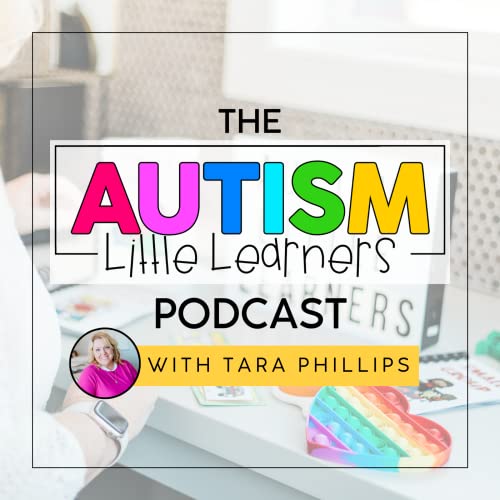-
The Autism Little Learners Podcast
- Written by: Tara Phillips
- Podcast
Failed to add items
Sorry, we are unable to add the item because your shopping cart is already at capacity.
Add to Cart failed.
Please try again later
Add to Wish List failed.
Please try again later
Remove from wish list failed.
Please try again later
Follow podcast failed
Unfollow podcast failed
-
Summary
Episodes
-
 19 mins
19 minsFailed to add items
Sorry, we are unable to add the item because your shopping cart is already at capacity.Add to Cart failed.
Please try again laterAdd to Wish List failed.
Please try again laterRemove from wish list failed.
Please try again laterFollow podcast failed
Unfollow podcast failed
-
 50 mins
50 minsFailed to add items
Sorry, we are unable to add the item because your shopping cart is already at capacity.Add to Cart failed.
Please try again laterAdd to Wish List failed.
Please try again laterRemove from wish list failed.
Please try again laterFollow podcast failed
Unfollow podcast failed
-
 21 mins
21 minsFailed to add items
Sorry, we are unable to add the item because your shopping cart is already at capacity.Add to Cart failed.
Please try again laterAdd to Wish List failed.
Please try again laterRemove from wish list failed.
Please try again laterFollow podcast failed
Unfollow podcast failed

